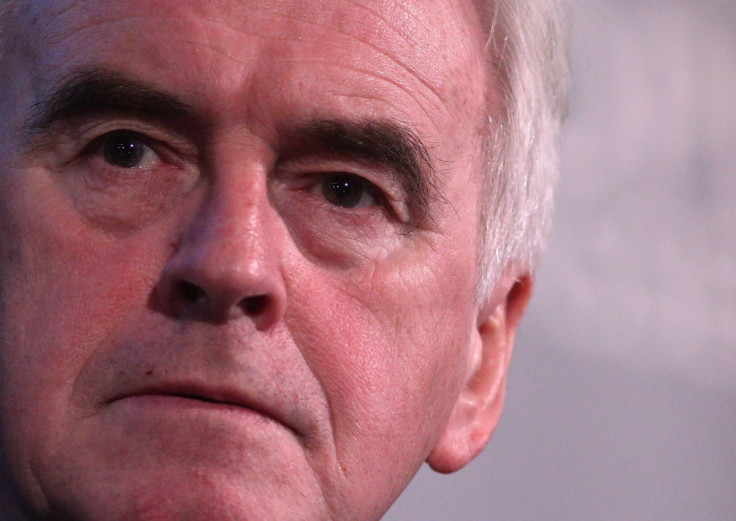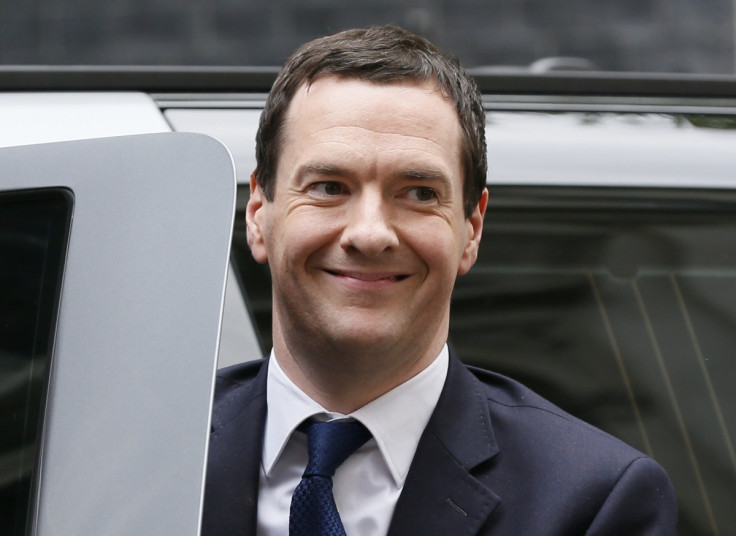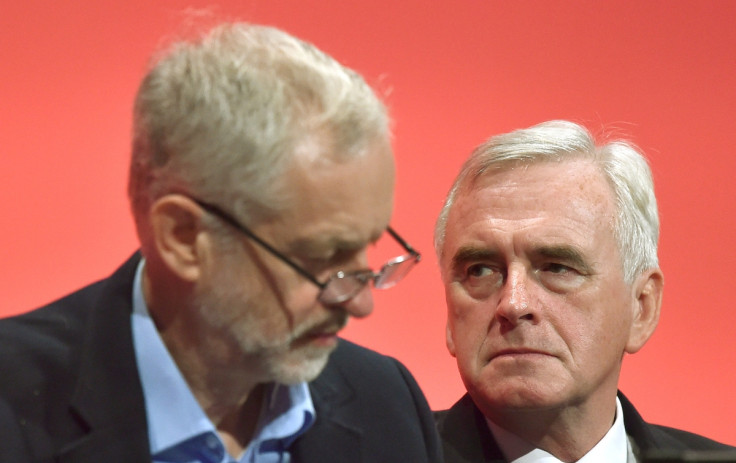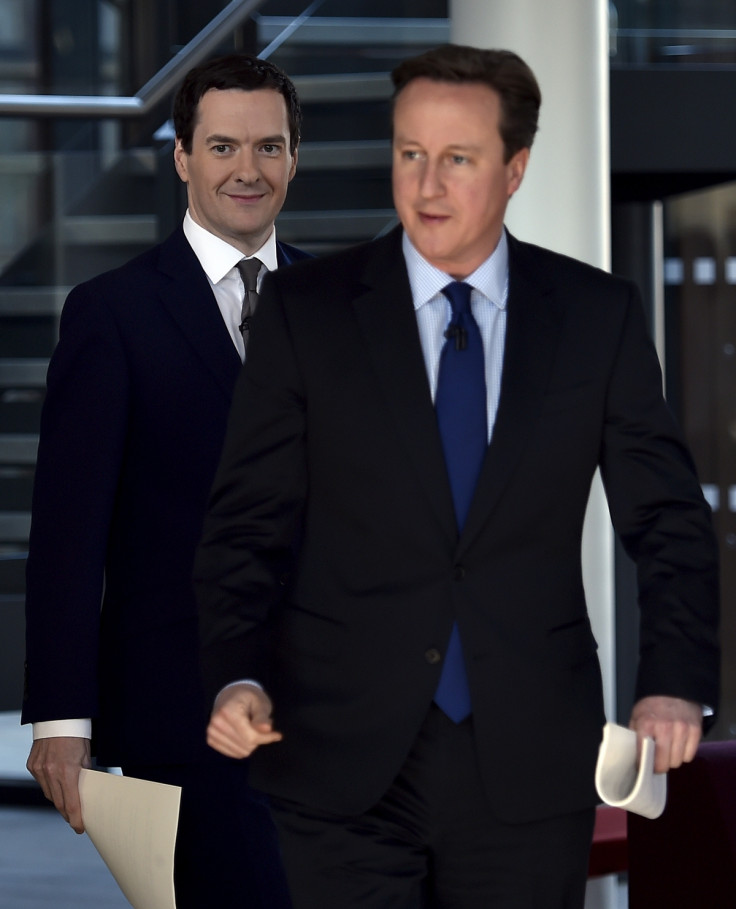Autumn Statement 2015: John McDonnell faces first big test as Labour shadow chancellor

When Ed Miliband and Ed Balls led the Labour party, the former as leader and the latter as his shadow chancellor, the pair had over four decades of experience in preparing for budgets, Autumn Statements and spending reviews, both in government and opposition. Their back room teams had honed with their own bitter experience the process of budget-making and budget-destroying. There was a formulaic structure to the whole thing. And, broadly speaking, it worked.
For weeks they would plot and plan. Gather intelligence from friendly civil servants. Strategise the politics and the media response. Develop a clear and coherent message to sell to the public; a counter-narrative to Chancellor George Osborne's. It was a coordinated campaign with every skirmish mapped out. Awkward facts and figures were compiled in a rhetorical arsenal ready to be unleashed on the Tories, who were doing the same themselves.
All that is gone now after the 2015 general election, which produced the first Conservative majority government in over 20 years, cost Miliband the Labour leadership, and Balls his House of Commons seat. Almost in its entirety, the shadow Treasury team is refreshed under the new boss, John McDonnell, appointed by his long-time friend, political ally and new party leader, Jeremy Corbyn. The previous experience filed away in the dusty cabinet of Labour history.
Does this mean Labour will develop a new format for tackling the Autumn Statement and spending review? Osborne will deliver it to the Commons at 12:30 on 25 November, straight after a Corbyn-Cameron clash at PMQs.
Corbyn has already reformed how Labour does PMQs, under the guise of a "new politics". What McDonnell and his team have planned remains to be seen. It may be an old cliché, but there is still wisdom within the scouting adage: failing to prepare is preparing to fail.
Plan of attack
Karim Palant was Balls' head of policy in the shadow Treasury. His golden rule for responding to the chancellor is simple: have a focus. "Don't try and attack on all fronts," Palant told IBTimes UK. "Don't try and make it about [how] every single decision is dreadful and you have to attack every single one on the day."

"Know what political story Osborne is trying to sell, understand the reality of life in the economy and what his changes will mean for things like public services, then pick your message and stick to it. If you're going to choose an issue, you then need to make sure everything you do is based on transmitting that story," Palant said.
"That is the one golden rule I would say. Don't allow yourself to be pulled from issue to issue. Have a system in place that allows you to focus -- through the speech, on what broadcast you do, and social media, and the wider campaigning response -- on a clear issue, and you have a clear story to tell."
For Osborne, in his sixth year as chancellor, the Autumn Statement in 2015 is little more than a formality, especially as it is the first after a decisive general election victory. This is a bigger test -- indeed, the first big test -- for McDonnell, who only took over in September.
McDonnell has created headlines for all the wrong reasons, including the resurfacing of past comments in support of the IRA and his endorsement of a letter calling for MI5 to be disbanded, among other controversies. But days before the Autumn Statement, McDonnell got his chance to outline in a speech his vision for Britain's economic future. It was an opportunity to frame the debate before the statement.
His pitch is a technologically-advanced economy -- what he calls a "new machine age" -- shaped by heavy public investment in infrastructure. It means extending employee rights such as parental leave to the new wave of self-employed freelancers unleashed by the digital revolution, he said.
He promises more co-operatives, greater workplace democracy, as well as that old political favourite -- making big business pay more tax. He summarised it all like this: "It's socialism, but socialism with an iPad."
Over-arching this is the main theme: a generic anti-austerity narrative. Corbynites believe Labour has failed to offer any strong, coherent anti-austerity alternative for voters, which is why they have fallen behind the Conservatives. So that is what they are now offering.
But McDonnell should be wary of falling into the deception that a general anti-austerity is popular. A post-election review into why Labour lost, carried out by Jon Cruddas MP for the party, found that 58% of British voters agreed with the sentence "we must live within our means so cutting the deficit is the top priority". Just 16% disagreed.
Even the poorest voters -- those in the C2DE social class who you might expect to be instinctively hostile to austerity -- were in favour of cuts: 54% agreed with the sentence and 15% disagreed. Austerity is not popular, per se, but the public by and large accepts the Conservative government's case that closing the deficit through spending cuts is a necessary burden.

Economic battleground
Labour's biggest challenge is to be seen as competent on the economy. The financial crash happened while the party was in office and, fairly or unfairly, it is partly blamed. So any ideological departure from the need for austerity to close the deficit is a risky political strategy. It gives the Conservatives another chance to paint Labour as a profligate party that spends too much and wrecks the economy -- just like Osborne and the Tory leader David Cameron did at the 2015 election.
Osborne, however, goes into the statement with two black clouds over his head, ready to pour. The first is his botched attempt to cut tax credits, scuppered by a rebellious House of Lords and dissent from Tory MPs. The second is cuts to the policing budget in the aftermath of the Paris attacks. A leaked letter from the Home Office suggested police could not cope with a similar atrocity because of a lack of resources.
Both are areas of weakness for the chancellor. McDonnell may choose to hone in on these specific bruises and punch them in the hope of doing more political damage. In its own context, for example, cuts to policing at a time of high terror alert because of Islamic State (Isis) militants will cause public alarm, and offers opportunity for McDonnell to excoriate Osborne. Targeted, not general, assaults on austerity will cause Osborne problems.

From his experience, Palant thinks Osborne's statements are vulnerable on the reality of austerity. "The weakness for him is that his numbers are essentially lines on a graph and they don't take account of -- because they're designed largely for political reasons and for positioning -- the reality in public services and in people's pockets," he said. Focus on the real-world impacts of Osbornomics and "you can undermine the credibility of what Osborne is saying".
"The problem is Osborne knows that and will always throw a little bit of distraction up in the air," Palant said. He gave an inheritance tax cut as an example - Osborne would couple it with something like a Google Tax to show the richest are paying their fair share.
"It's completely a non sequitur. They are unrelated. But he throws sand in people's eyes to make them not really be able to pin him down on the detail.
But if you can get to that detail, a lot of what he says doesn't really tally with the reality of what's going on in public services. You can fight a general election on cutting £12bn of welfare because everybody thinks we spend too much on welfare. But when you actually try and cut it -- much more difficult.
So his weakness will be he will make everything sound eminently reasonable in the speech, but if you can get it to 'okay what does this actually mean for the police? What does this actually mean for social care? What does this actually mean for tax credits?' That's where he'll fall down because there's no free lunch. He's cutting a huge amount of money out of things people use every day."
Labour needs to get a grip
The Corbyn leadership is looking shaky already amid a firestorm of criticism and calamity. The first electoral litmus will be in May 2016 with the London mayoral and local council elections. Labour's leadership needs to get a grip on its message before then.
Central to that message is how a Labour government with Corbyn at the helm would handle the economy. McDonnell has to deliver a strident, coherent and credible reply to the Autumn Statement to give Labour some much-needed momentum after a difficult few weeks.
Have he and his new team put a system in place that will help them do that? If not, then it is already too late.
© Copyright IBTimes 2025. All rights reserved.






















